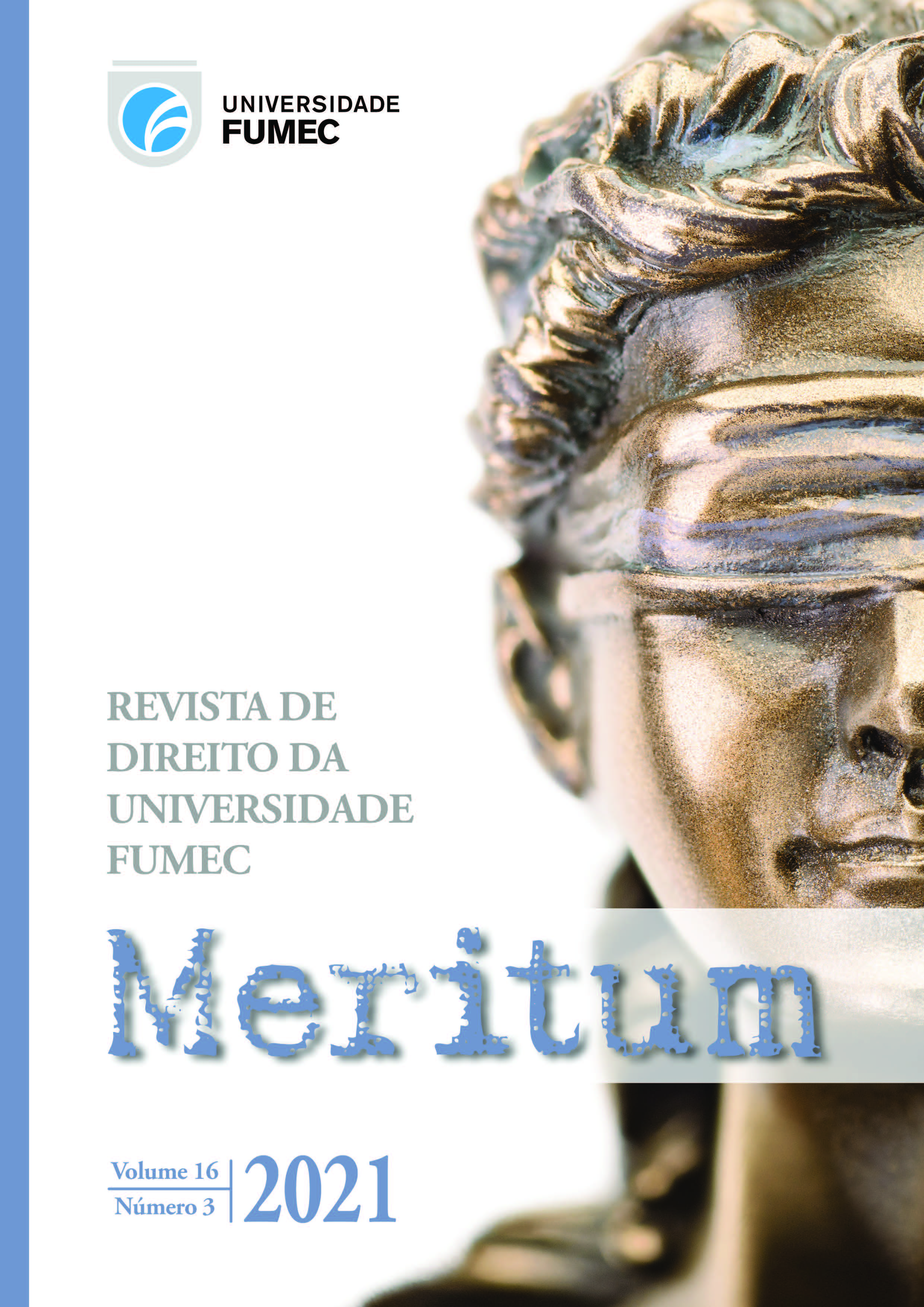A POSITIVE BREACH OF THE SUPPORTED DECISION-MAKING
SUPPORTERS AS PENITUS EXTRANEI AND ITS CIVIL LIABILITY TO THE SUPPORTED AND THIRD PARTIES
DOI:
https://doi.org/10.46560/meritum.v16i3.8379Abstract
This is research aimed at analyzing the supporters’ civil liability in the decision-making supported. It is intended to analyze what will be and what will be the contours of the supporters’ civil liability for damages resulting from their conduct. There will also be a possible possibility, whether or not, of objectively and jointly responding to the damage caused by the person being supported, as is the case with the curator or guardian. An analysis of the civil liability regime of the Italian amministratore di sostegno was carried out to identify and resolve possible similar problems with supported decision making. After a bibliographic review designed to answer the question whether, by analogy, the rules of civil liability of the guardian (art. 1,752) and the curator (art. 1,781) apply to the supported decision makers, this research concluded that the the negotiating nature of supported decision making makes such an analogy not possible. Being a contract, a propositional thesis was elaborated to innovate on the matter defending the possibility of applying the theory of positive breach of the contract between supporters and supported.
Downloads
Published
Issue
Section
License
Autores que publicam nesta revista concordam com os seguintes termos:
- Autores mantém os direitos autorais e concedem à revista o direito de primeira publicação, com o trabalho simultaneamente licenciado sob a Licença Creative Commons Attribution que permite o compartilhamento do trabalho com reconhecimento da autoria e publicação inicial nesta revista;
- Autores têm autorização para assumir contratos adicionais separadamente, para distribuição não-exclusiva da versão do trabalho publicada nesta revista (ex.: publicar em repositório institucional ou como capítulo de livro), com reconhecimento de autoria e publicação inicial nesta revista;
- Autores têm permissão e são estimulados a publicar e distribuir seu trabalho online (ex.: em repositórios institucionais ou na sua página pessoal) a qualquer ponto antes ou durante o processo editorial, já que isso pode gerar alterações produtivas, bem como aumentar o impacto e a citação do trabalho publicado (Veja O Efeito do Acesso Livre).






